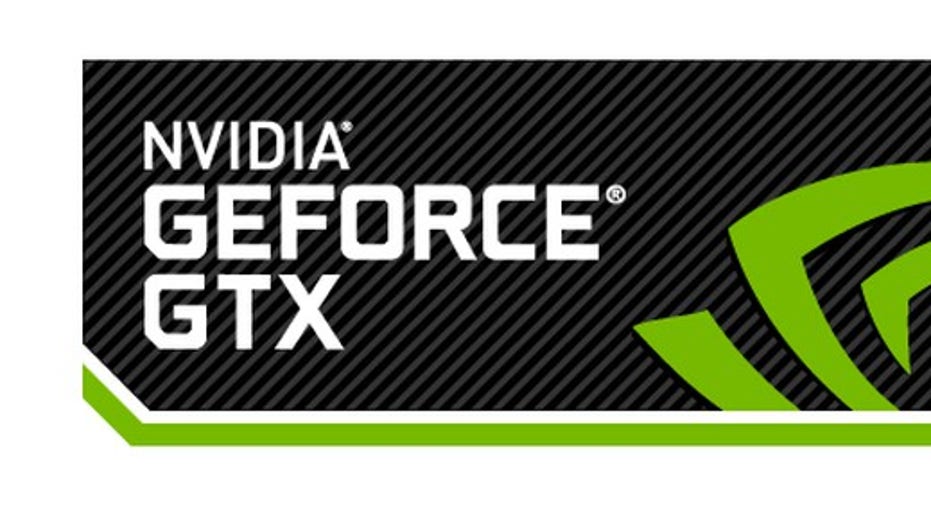NVIDIA Corporation GeForce GTX 1060 Performance Numbers Leak

Image source: NVIDIA.
Graphics specialist NVIDIA is expected to launch a desktop-oriented graphics processor known as the GeForce GTX 1060 based on its Pascal architecture later this month. Although NVIDIA appears to have sewn up the high end of the desktop gaming market with its GeForce GTX 1070 and GeForce GTX 1080 products, which are intended to address price points starting at $379 and up, it still needs to bring out new products at lower price points to address more of the market.
The specifications of the 1060 leaked a little while ago, and now website XFastest (via VideoCardz) has some initial performance numbers for the 1060. Let's see how it fares.
Does NVIDIA really deliver on the claim of GTX 980 performance?
In leaked marketing materials for the 1060, NVIDIA strongly implies that the GTX 1060 will deliver the performance of the GeForce GTX 980, a product that launched with a $550 price tag in the fall of 2014.
Although XFastest only has performance numbers for a two performance tests (3DMark Fire Strike and 3DMark Fire Strike Ultra), we can get a sense of whether NVIDIA will actually deliver on that goal.
According to the tests, the GTX 1060 achieves a graphics score of 13,215 in 3DMark Fire Strike and a graphics score of 2,928 in 3DMark Fire Strike Ultra.
In Guru3D's review of the standard GTX 980 (many GTX 980s were/are sold running at higher speeds than what NVIDIA rates the chips at), the 980 achieved a score of 12,704 in the standard 3DMark Fire Strike test.
Guru3D didn't test Fire Strike Ultra, but another website, Tweak Town, did and achieved a graphics score of 2,968 on the standard GTX 980.
It would appear that, at least based on the few tests shown by XFastest, that the GTX 1060 really does perform at the level of the GTX 980. We will have to wait for full, independent reviews using a consistent test system for both the 980 and the 1060 to see if the latter can deliver this kind of performance across a broad set of games, however.
What's next?
There have been multiple reports that NVIDIA's next product (after the GTX 1060) will be the ultra-enthusiast next-generation Titan card. After that, though, the obvious next move will be to bring out products at even lower price points.
Interestingly, according to the Steam Hardware Survey (Steam is the most popular PC gaming platform, so the population of Steam users is likely a good proxy for the population of PC gamers), the GTX 750 Ti is the third most popular graphics card -- behind the GTX 960 (second place) and the GTX 970 (first place) -- with 4.15% share on Steam.
Although NVIDIA technically released a successor to the 750 Ti, known as the GeForce GTX 950, the 750 Ti is unique for a number of reasons. First, it doesn't require a supplementary PCI Express connector, making it easy for users with weak power supplies to upgrade their systems' graphics capabilities without much hassle.
Later on in the life of the GTX 950, board makers rolled out versions that don't require supplementary connectors, but only the 750 Ti was offered in low-profile versions. Many of the systems that PC makers sell can only accommodate low-profile cards, meaning that the GTX 950 -- even the variants that didn't require a supplementary six-pin PCI Express connector -- was a no-go.
NVIDIA's next step, then, should be to release a proper successor to the GTX 750 Ti based on the Pascal architecture to address what appears to be a significant market. 750 Ti was based on a chip known as GM107, so it stands to reason that the (spiritual) successor to this product would be based on the upcoming GP107 chip.
The article NVIDIA Corporation GeForce GTX 1060 Performance Numbers Leak originally appeared on Fool.com.
Ashraf Eassa has no position in any stocks mentioned. The Motley Fool owns shares of and recommends NVIDIA. Try any of our Foolish newsletter services free for 30 days. We Fools may not all hold the same opinions, but we all believe that considering a diverse range of insights makes us better investors. The Motley Fool has a disclosure policy.
Copyright 1995 - 2016 The Motley Fool, LLC. All rights reserved. The Motley Fool has a disclosure policy.